Transforming the food system through elementary schools
Sustainable Food Students Stories
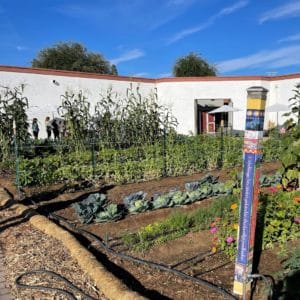
Transforming the food system through elementary schools
During our December immersive, we had the pleasure of touring and participating in the farm-to-school and “edible education” program called Garfield’s Garden on the Corner. Led and managed by the Mollen Foundation, we experienced the collaborative efforts between the Foundation and Garfield Elementary School.

Western rangeland management and conservation at Arizona’s Bar Heart Ranch
Increasingly, ranching and conservation are viewed as mutually exclusive practices. One is centered on resource consumption while the other advocates for the protection of wildlife, wild lands, and natural habitats. As wild species worldwide continue to lose vital habitat to suburban and exurban development, sprawl, and agriculture, the relationship between ranching and conservation grows more complicated.
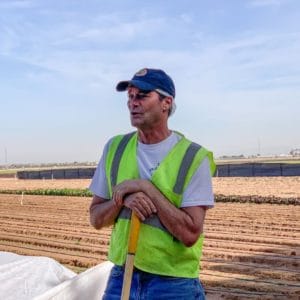
Duncan Family Farms: From feeding people to feeding the soil
On December 7, the Food Policy and Sustainability Leadership students visited Duncan Family Farms during a week-long immersive exploring farms, ranches, food processors, and gardens around Arizona.
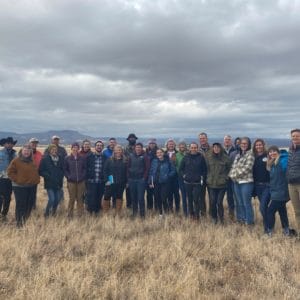
An eye-opening journey through the vibrant desert
The ASU Farm Immersive was a journey through the desert to meet some of the innovative and hardworking people who are growing and processing our food, conserving our natural resources, and managing land in Arizona.

The potential of pulses
Can you envision the value and versatility of a food that can grow in any climate, is highly nutritious, requires low water input, can self-fertilize, and has a long shelf-life? These are the prominent advantages of an ancient food called pulses.
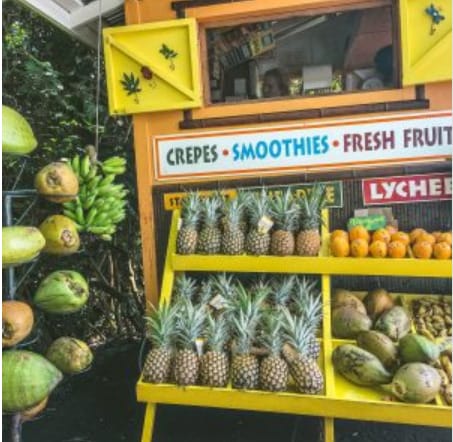
Community-driven solutions to food insecurity in Hawai’i
Hawai’i remains one of the most beloved states in the country because of its beauty and deep-rooted culture. However, this has not prevented the islands from facing numerous challenges, both
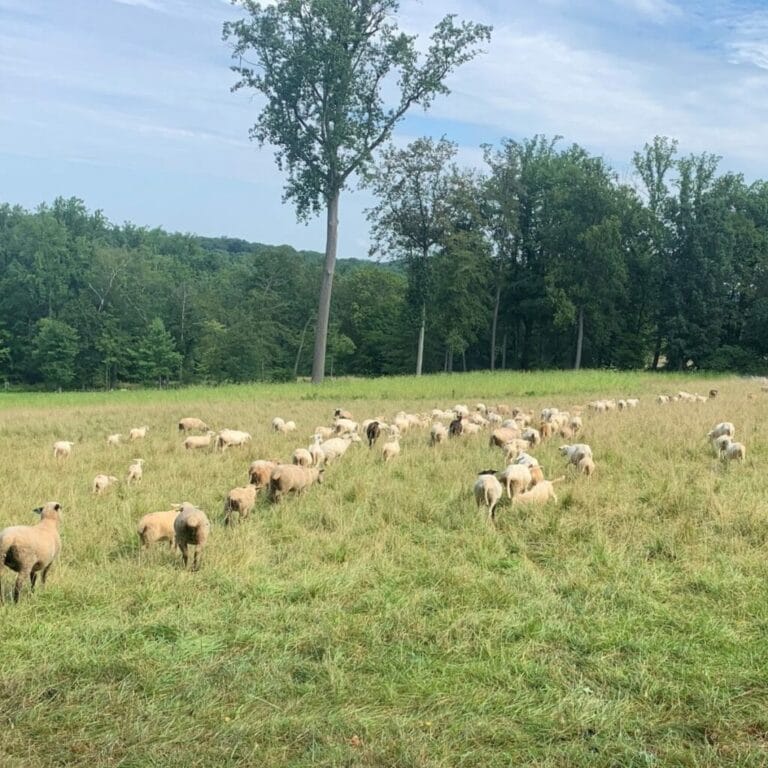
Learning the importance of connections at Stone Barns Center for Food and Agriculture
For the culmination of his work for the summer as a student worker for the Swette Center, Tucker Larson spent a week at Stone Barns Center for Food and Agriculture

Gardening for well-being
At first glance, gardening may seem like just a bunch of plants, but upon further inspection, it has enormous impacts on people and their well-being.
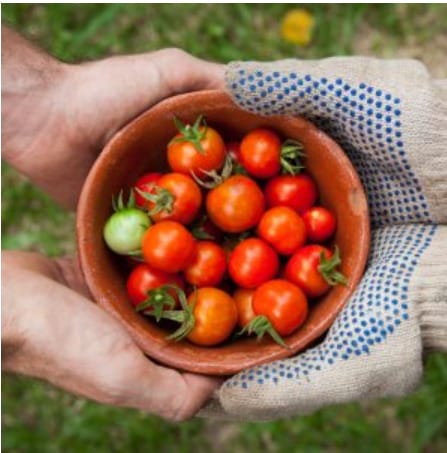
Working collaboratively for healthy food access in Flint, MI
A truly sustainable food system is a food system that provides healthy food for all communities. In my food systems career in Flint, MI, I have observed that adequate nutrition is especially important in a community that has been subject to environmental injustice and social inequality. The Flint Water Crisis and COVID-19 pandemic have both highlighted that in order to support community-wide health in Flint, a sustainable local food system that provides equitable access to healthy options must be cultivated.
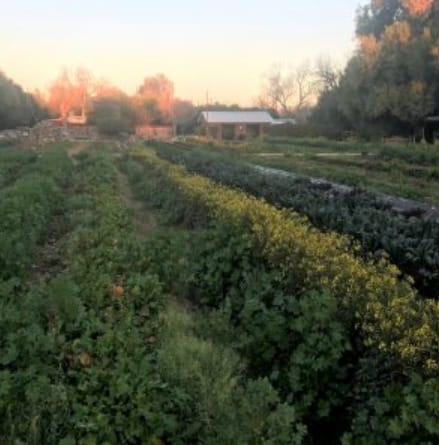
Local hospitals can strengthen our local food system
In the mid-20th century, Arizona was one of the most productive agricultural states. Warm temperatures contributed to plentiful harvests of crops such as cotton, alfalfa, and citrus. Arizona’s central cities and rural towns identified with agricultural production. This agricultural tradition is reflected in the Arizona state flag, and occupies 3 of 5 coveted C’s of Arizona (cotton, citrus, cattle, copper, and climate).
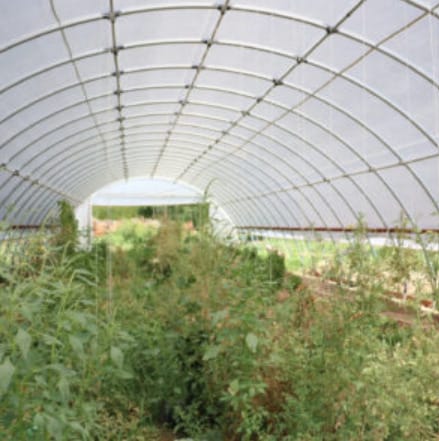
Spaces of Opportunity: Leading the way for sustainable urban agriculture in Phoenix
Located in South Phoenix at the northeast corner of Vineyard Road and 15th Avenue is the Spaces of Opportunity Garden. The garden is a collaboration between four different nonprofit groups with the goal of transforming empty lots into a diverse agricultural and educational asset in the community.

History of the Child Nutrition Act and the importance of reauthorization
For the first time in 10 years, the Child Nutrition Act is up for reauthorization in the legislative session. The Child Nutrition Act was first passed in 1966 by President Lyndon Johnson.